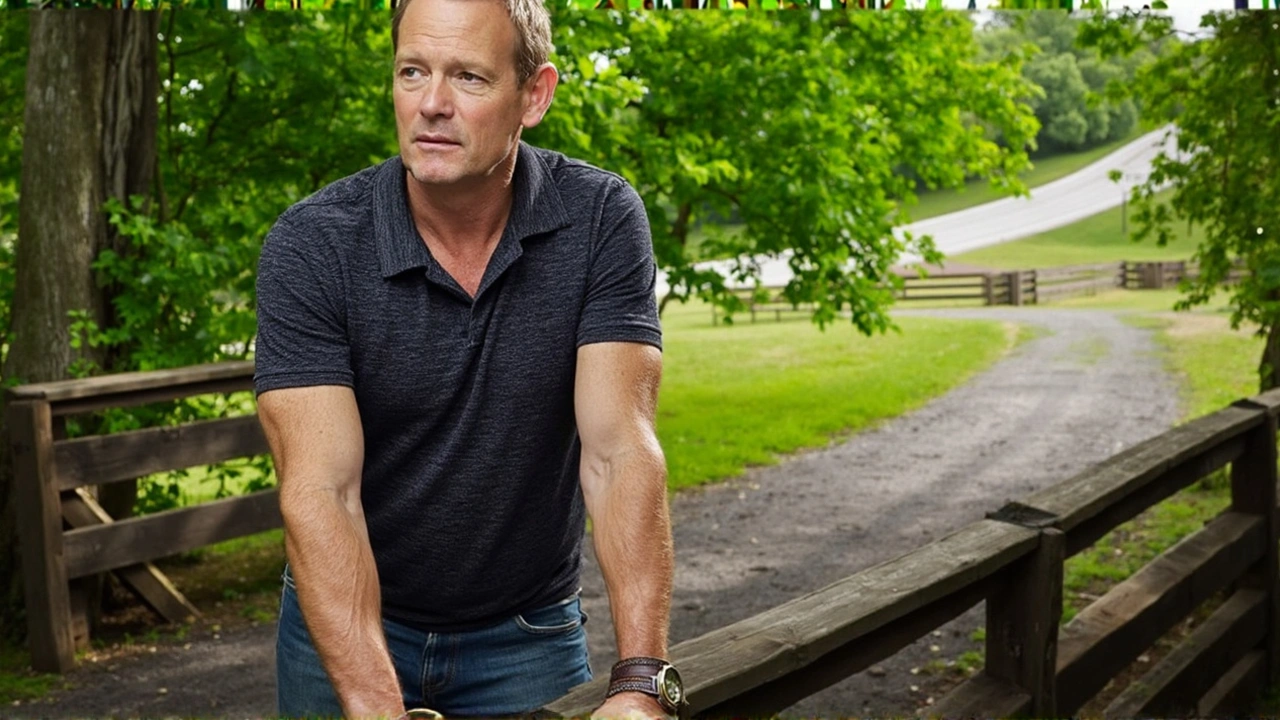Rare Cancer: What to Watch For and What to Do Next
Rare cancers are those that affect a small number of people compared to common types like breast or lung cancer. If you or someone close to you gets a rare cancer diagnosis, the path can feel confusing and fast-changing. This page gives simple, practical steps to help you move forward—how to spot warning signs, what tests matter, treatment choices, and where to find support and clinical trials.
Early signs and when to act
Rare cancers don’t always show clear symptoms, but some common red flags include unexplained lumps, sudden weight loss, persistent pain, new bleeding, or unusual changes in skin or bowel habits. If a symptom lasts more than two weeks or worsens, book an appointment. Don’t wait for full-blown signs—early testing can make a big difference.
When you see a doctor, be direct. Say how long the symptom has lasted, how it affects daily life, and whether it’s new or changing. Ask for basic tests first (blood work, imaging) and request a referral to an oncologist or specialist if tests are inconclusive.
How diagnosis and testing usually work
Confirming a rare cancer often needs more than one test. A common path is:
- Initial exam and scans (X-ray, CT, MRI)
- Biopsy with pathology review — this is critical
- Special tests like immunohistochemistry or genetic sequencing to find specific markers
- Staging scans to see if cancer has spread
If the first pathology report is unclear, ask for a second opinion at a specialist centre. Pathologists at cancer centres often have more experience with rare types and may run extra tests that change treatment choices.
Treatment depends on the exact type, stage, and available resources. Options include surgery, radiotherapy, chemotherapy, targeted drugs, or immunotherapy. For many rare cancers, treatment plans are personalized based on genetic or molecular findings. Discuss side effects and quality-of-life steps with your team, and ask about supportive care from day one.
Clinical trials are especially important for rare cancers because standard treatments may be limited. Ask your oncologist about trials in your country or region. If nothing local is available, some trials accept international patients or offer remote screening.
Finally, don’t handle this alone. Look for patient groups, hospital social workers, and online communities focused on specific rare cancers. They can help with information, emotional support, and practical help like transport or fundraising. Keep clear notes of appointments, test results, and questions—those notes make second opinions and trial applications much easier.
If you want, Patio Pulse can help point you to Africa-focused resources and recent research updates on rare cancers. Tell us which country you’re in and the cancer type, and we’ll find links to clinical trials, specialist centres, and patient groups near you.

Gary Sinise Shares Heartbreak Over Son's Rare Cancer and His Own Hollywood Hiatus
Keabetswe Monyake May 25 8Gary Sinise talks openly about losing his son Mac to chordoma, a rare spinal cancer, after a lengthy and emotional family battle. With the loss fresh, Sinise is unsure about returning to acting, choosing instead to focus on his family. The story sheds light on the hardship of rare cancers and their impact on loved ones.
More Detail